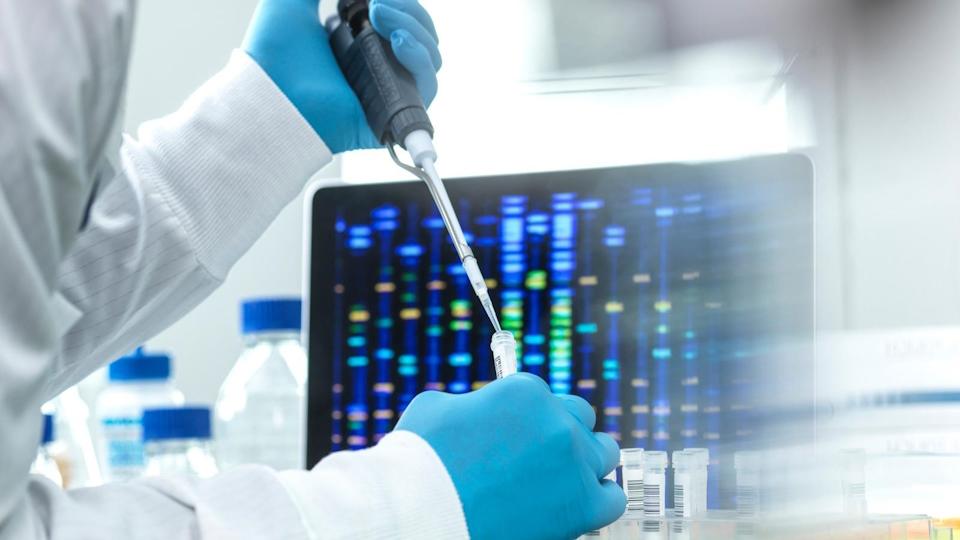NICE backs wider tumour profiling use in early breast cancer

Three tests that can be used to profile tumours in people with breast cancer and predict whether they will respond to chemotherapy have been cleared for wider use by the NHS.
The decision by health technology assessment (HTA) organisation NICE means that the tests from Myriad Genetics, Exact Sciences, and Prosigna can be used in England and Wales to guide adjuvant chemotherapy decisions for an estimated 3,000 patients with early breast cancer.
Myriad’s EndoPredict, Exact’s Oncotype DX, and the Prosigna test can now be used to guide adjuvant chemotherapy decisions for a range of patients with lymph node-positive, lymph node-negative, and micrometastatic early breast cancer, subject to various conditions that can be found in the new guidance document.
The document notes that another test under appraisal, Komen’s MammaPrint, is “likely to be less clinically effective and costs more than standard care.”
Previously, tumour profiling was only recommended for lymph node-negative early breast cancer under limited circumstances. While the majority of patients with lymph node-positive early-stage breast cancer receive chemotherapy, research suggests only a minority benefit from the treatment.
Exact Sciences said in a statement that its test saves patients from unnecessarily going through gruelling chemotherapy treatments, and cuts costs for the NHS by more accurately targeting chemotherapy.
“Until now, access to this test has depended on where patients live due to NHS Trusts having to pay for the test out of local budgets – something only 60% have been able to do,” according to the company, which maintains that this led to a ‘postcode lottery’ that has been ended by the new guidance.
It also says that it will improve patient care, and cut unnecessary chemotherapy patient appointments by 41%, leading to a saving of more than £62,000 for NHS Trusts, equivalent to around £770 per patient.
“While chemotherapy is an important part of breast cancer treatment – that, for many patients, helps reduce the risk of cancer returning – these tests will provide a more tailored approach to people’s treatment, helping patients and clinicians to make informed decisions around the need for chemotherapy,” commented Baroness Delyth Morgan, chief executive at patient advocacy group Breast Cancer Now.
“Crucially, the tests will see some patients safely spared chemotherapy and its often gruelling short and long-term side effects,” she added. “They could also help identify people who would be considered to have a low risk of their disease returning based on clinical factors, but who may benefit from chemotherapy.”
Breast Cancer NOW is calling for the tests to be included quickly in the National Genomics Testing Directory to ensure that all eligible patients have equal access to testing without delay.













